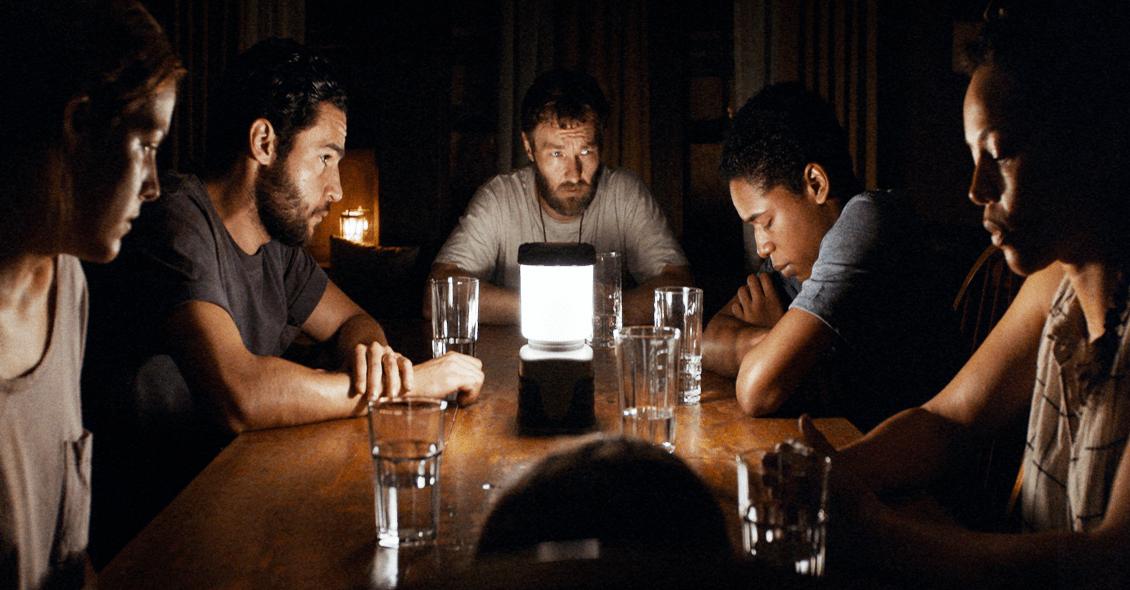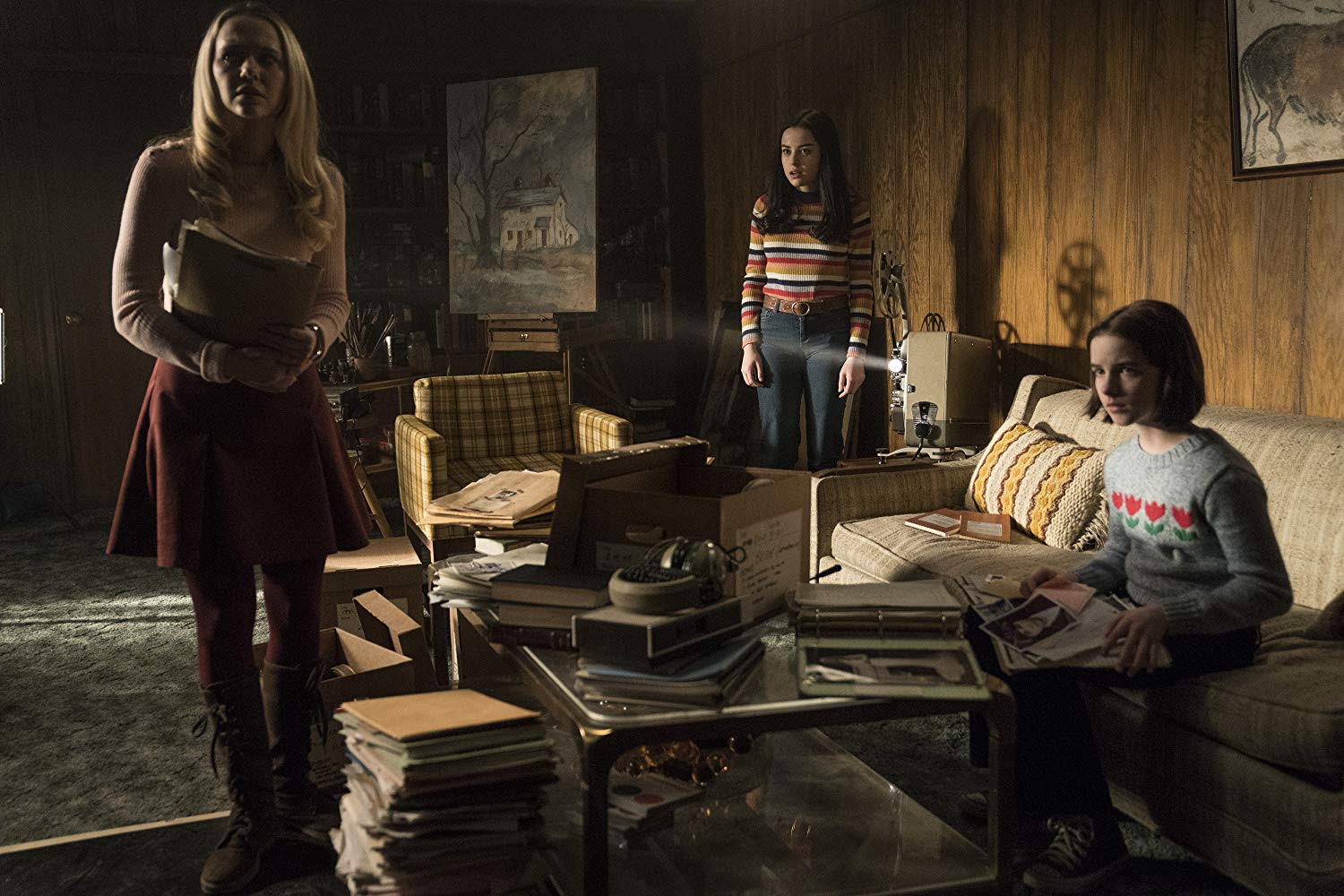In 2015, we were introduced to the director Trey Edward Shults with “Krisha,” and in 2017, he presented his new film, “It Comes at Night.” Upon watching the trailer for his latest film, I expected a thrilling and perhaps original, unheard-of dystopian story. However, it’s worth noting that trailer companies are genuinely skilled in their craft. They have a knack for making mediocre films appear polished. “It Comes at Night” is no exception to this. Despite raising high hopes, it turned out to be quite different from what the trailer suggested, which left me somewhat disappointed.
In a nutshell, let’s discuss the plot. Paul and his family live in isolation, hidden away in a house in the woods, as if they are hiding from something, adhering to specific rules to protect themselves from unidentified external threats. It might be an outbreak, it might be a creature; the exact nature of the threat remains uncertain. What’s certain is that they are afraid. When an uninvited guest enters the family’s life and disrupts their routines, they are forced to establish a whole new order.

When I watched the trailer, I initially thought I would encounter a paranormal or a fantastical story, but the film is, in fact, a psychological thriller. The tension-filled responses the family members exhibit to maintain discipline and counter the unidentified external threats shape the film’s overall tempo. When they encounter an unwanted family seeking refuge, things change, and they must adapt their discipline. This change in discipline opens the door to danger.
The director has masterfully filmed the movie with a specific mechanical precision, effectively conveying the desired tension through camera movements. However, for those who embarked on this journey after watching the trailer, the film will likely be a disappointment. Influenced by the biblical saying, “The master of the day comes as a thief in the night,” the director has transformed a doomsday scenario he envisioned into a film. But he deliberately refrains from disclosing what comes at night. In fact, the actors were required to sign agreements not to reveal it either. For the audience, what comes at night might be mere nightmares, but as long as the director keeps it a mystery, it will remain an open question. Considering that the film is produced by A24, this level of mystery is not particularly surprising.

We can gather from Joel Edgerton’s statements that there is an apocalyptic situation in the film. The actor, who says he used to be a teacher before the apocalypse, reveals the source of the discipline observed in the film. Additionally, we can discern that death will come from the outside from the painting “The Triumph of Death” by Pieter Bruegel, found in the house’s corridor. The painting depicts death hunting and slaying the living in a macabre tableau. This is essentially where the film’s central issue lies. We await throughout the film for the message conveyed in the painting to transpire, but ultimately, we leave empty-handed.
In summary, “It Comes at Night” is a film that lures its audience into a trap with its trailer but fails to deliver the mystery and excitement it promises. The film offers a glimpse into the psychological tensions of a family living secretly and adhering to strict rules in the aftermath of an unexplained apocalyptic event in the woods. Unfortunately, to truly enjoy this film, you might need to avoid the trailer and enter the theater with an open mind, as it might successfully convey its intended atmosphere to the audience under those circumstances.

Cast & Crew
director: Trey Edward Shults
writers: Trey Edward Shults
starring: Joel Edgerton, Christopher Abbott, Carmen Ejogo, Riley Keough, Kelvin Harrison Jr., Griffin Robert Faulkner
USA | 2017 | 91 MINUTES |
